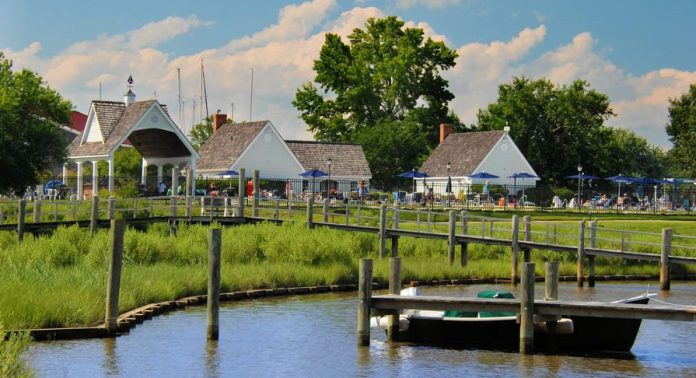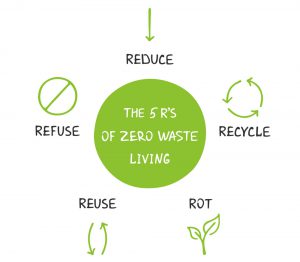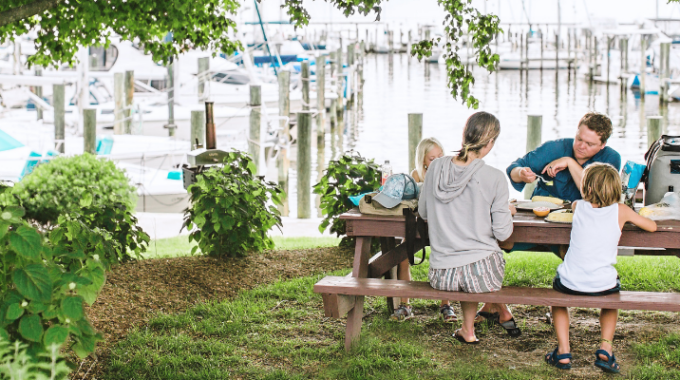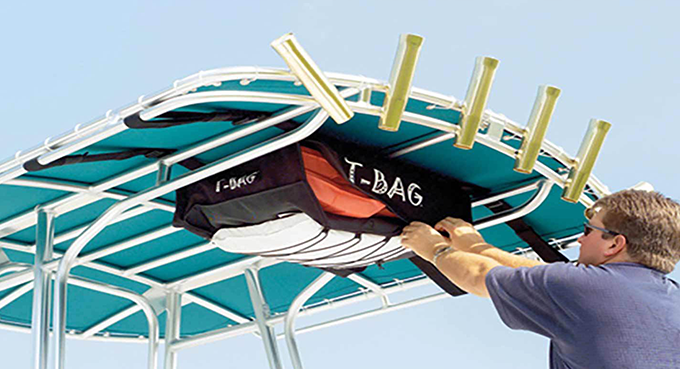Mother’s Day is just around the corner and it’s a perfect time for a gift…

Guide to Waste Free Living
In the past, the United States sourced recycling out to China. However, in 2018 the Chinese government mandated that it would no longer accept recyclable materials from other nations. In response, some states and municipalities began storing their recyclables. However, many others found it easier just to dump those materials into landfills.
While Maryland is championing where most states are failing, the fact remains that nationally, an overwhelming 79% of all items are sitting in landfills. One alternative method for recycling is to reduce your waste production.
Three Ways to Live a Waste-Free Lifestyle
 The United States is responsible for more than 30% of the planets total waste. Here are a few easy tips to help you reduce how much you throw away and how to begin living a waste-free lifestyle.
The United States is responsible for more than 30% of the planets total waste. Here are a few easy tips to help you reduce how much you throw away and how to begin living a waste-free lifestyle.
1. Substitute the Single-Use Items
Single-use items account for nearly 30% of the waste produced in the United States. Much of this includes paper cups, paper napkins, plastic eating utensils, styrofoam take-out containers, plastic soda and water bottles, and plastic grocery bags. A few simple tweaks to your daily routine can help eliminate this waste. Instead, bring in cloth napkins and silverware from home, provide your favorite lunch restaurant with a glass container for your to-go items and a tumbler for your fountain drink, and always use reusable tote bags for your groceries.
2. Start Composting
Nearly 40% of the waste epidemic is due to food waste, lawn clippings, paper, and cardboard packaging materials. All of these items can be composted. Whether in a large backyard or on a small balcony, these organic materials break down easily in a compost pile or bin. Here is a beginners guide to composting.
3. Focus on the 5Rs
The 5Rs are reduce, refuse, reuse, recycle, and rot. Reduce the things that you need, refuse to use things that you don’t, reuse any items that you can, recycle whenever possible, or just let it rot in a compost pile.
One person can make a difference, and several can make a global impact. Let’s work together to keep our earth beautiful and our waterways clean for generations to come.



